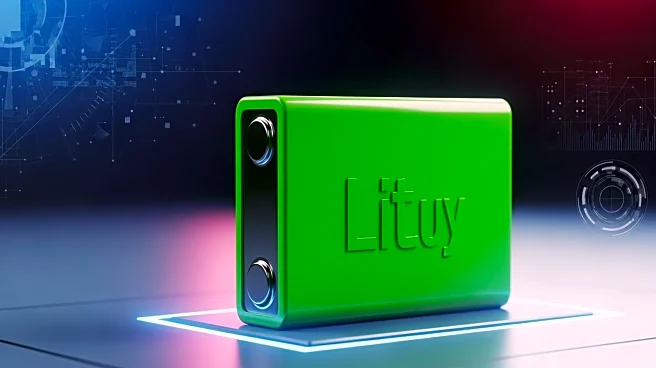What's Happening?
The phaseout of a critical mineral tax credit is creating uncertainty for the U.S. electric vehicle (EV) battery supply chain. Lithium Americas is developing a lithium mine and processing facility at Thacker Pass in Nevada, supported by General Motors.
The federal government has taken a 5 percent stake in the project, reflecting a strategy from the Trump administration to attract investments in the U.S. supply chain. The tax credit phaseout could impact the financial viability of such projects and the broader EV industry.
Why It's Important?
The phaseout of the mineral tax credit could have significant repercussions for the U.S. EV industry, which relies heavily on domestic mineral production for battery manufacturing. This change may deter investment in new mining projects, potentially leading to increased reliance on foreign sources for critical minerals. The shift could affect the competitiveness of U.S. EV manufacturers and hinder efforts to establish a robust domestic supply chain, impacting jobs and economic growth in the sector.
What's Next?
Stakeholders in the EV industry, including manufacturers and suppliers, may lobby for policy changes to reinstate or replace the tax credit to support domestic mineral production. The government might explore alternative incentives to encourage investment in the U.S. supply chain. Industry leaders could also seek partnerships or innovations to mitigate the impact of the phaseout and ensure a stable supply of critical minerals.















